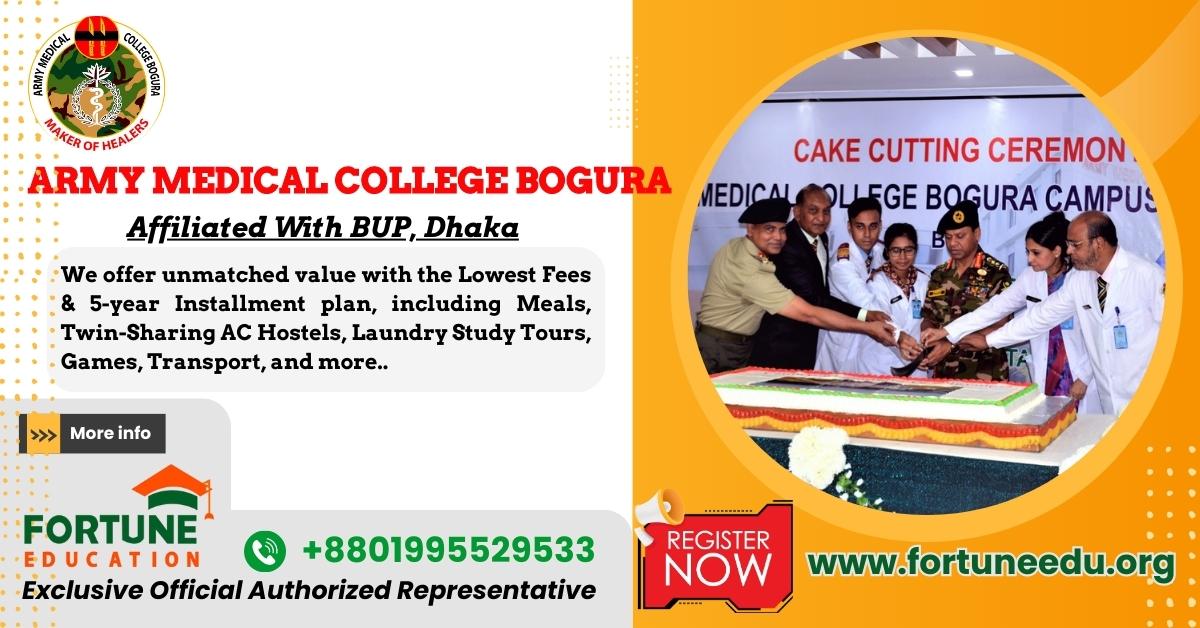The Pakistan Medical Commission (PMC), previously known as the Pakistan Medical & Dental Council (PMDC), is the statutory regulatory authority that maintains the official register of medical practitioners within Pakistan. Its primary responsibilities include:
Pakistan Medical Commission PMC
Regulation of Medical Education: PMC sets the standards for medical and dental education in Pakistan. It accredits medical and dental colleges and universities and ensures that they adhere to the prescribed educational standards.
Licensing of Doctors: PMC is responsible for issuing licenses to practice medicine in Pakistan. Graduates of medical colleges must pass the National Medical & Dental Licensing Examination to obtain their license.
Quality Assurance: The commission oversees the quality of medical education and practice, aiming to ensure that medical services provided in the country meet certain standards.
Continuing Medical Education: PMC also regulates the continuing medical education and professional development of medical practitioners to ensure that they keep up with advancements in the medical field.
Handling Complaints and Ethical Issues: It addresses complaints against medical practitioners and institutions and takes necessary action in cases of ethical violations or malpractice.
Setting Policies and Guidelines: PMC is involved in setting policies and guidelines for health and medical education, in line with global standards and practices.
International Collaboration: The commission collaborates with international medical regulatory bodies to align Pakistan’s medical education and practice with global standards.
Research and Development: PMC supports research in the field of medical sciences and promotes the incorporation of research findings into medical education and practice.
Public Information: It maintains a public register of all licensed medical practitioners in Pakistan, which can be accessed for verification of credentials.
The role of the PMC is crucial in ensuring the quality and integrity of medical education and healthcare services in Pakistan. For the most up-to-date information on policies, guidelines, and other initiatives, it’s advisable to visit the official PMC website or contact them directly.
Medical Education in Pakistan
Medical education in Pakistan is structured to train students to become competent doctors, with a focus on both theoretical knowledge and practical skills. Here’s an overview of the medical education system in Pakistan:
Basic Structure
MBBS Program: The standard program for becoming a doctor in Pakistan is the Bachelor of Medicine, Bachelor of Surgery (MBBS). It typically spans 5 years.
BDS Program: For dentistry, the equivalent is the Bachelor of Dental Surgery (BDS), also usually a 5-year course.
MBBS Program Details
Duration: The MBBS program is divided into five years of study.
Curriculum:
Pre-Clinical Years (1st and 2nd Year): Focus on basic sciences like anatomy, physiology, biochemistry.
Clinical Years (3rd to 5th Year): Cover clinical subjects like medicine, surgery, obstetrics and gynecology, pediatrics, and various specialties. Clinical rotations and practical training in hospitals are integral parts.
Final Year Exams and House Job: After the 5th year, students must pass final professional exams. Graduates then undertake a mandatory one-year house job (internship), rotating through various specialties.
MBBS Admission Process in Pakistan
Eligibility: Higher Secondary School Certificate (HSSC) or equivalent with a focus on pre-medical subjects (Biology, Chemistry, Physics).
Entrance Exam: Admission to medical colleges is highly competitive and requires passing an entrance exam, such as the Medical and Dental College Admission Test (MDCAT).
Postgraduate Education
Residency and Specialization: After MBBS and house job, doctors can specialize in various fields through residency programs, leading to degrees like FCPS, MS, MD.
Licensing: Doctors must be licensed by the Pakistan Medical Commission (PMC) to practice.
Quality and Accreditation
Accreditation: Medical colleges must be accredited by the PMC, which ensures they meet certain standards.
Continuous Assessment: The quality of medical education is continuously assessed through internal and external examinations.
Challenges and Developments
Quality Variation: There’s a variation in the quality of education among different institutions.
Research and Innovation: There’s an increasing focus on research and innovation in medical education.
International Recognition: Pakistani medical degrees are recognized in many countries, but graduates often need to pass additional exams for practice abroad.
Medical education in Pakistan is rigorous and designed to prepare students for a challenging and rewarding career in medicine. It’s regulated to ensure quality and adherence to international standards. However, the path is competitive and demands dedication and hard work.
MBBS Admission policy in Pakistan
The admission policy for MBBS (Bachelor of Medicine and Bachelor of Surgery) programs in Pakistan is standardized and regulated, primarily by the Pakistan Medical Commission (PMC). The policy is designed to ensure a fair and merit-based process for selecting students. Here are the key components of the MBBS admission policy in Pakistan:
Eligibility Criteria
Academic Requirements: Candidates must have completed their Higher Secondary School Certificate (HSSC) or equivalent (like A-levels), majoring in Pre-Medical subjects (Biology, Chemistry, Physics).
Minimum Marks: Typically, a minimum aggregate score of 60% or 70% in HSSC is required (this percentage can vary based on regulations and the year).
Entrance Examination
MDCAT (Medical and Dental College Admission Test):
This is a mandatory entrance test for MBBS admissions.
It assesses knowledge in Biology, Chemistry, Physics, and English.
The minimum passing score can vary (usually around 60-70%).
Admission Process
Application: Candidates apply to medical colleges through a centralized application system managed by the PMC or provincial admission committees.
Merit Calculation: The merit for admission is typically calculated based on the aggregate of the HSSC marks and the MDCAT score.
Merit Lists: Medical colleges publish merit lists of selected candidates based on this aggregate.
Seat Distribution
Open Merit Seats: Most seats in medical colleges are on an open merit basis.
Reserved Seats: There are reserved seats for various categories like international students, underprivileged areas, etc.
Private Colleges: They also have a merit-based system but may have different criteria or additional requirements.
Documentation
Required Documents: These typically include academic certificates, MDCAT results, domicile certificates, and identity documents.
Special Quotas
Provincial Quotas: There are often quotas for students from different provinces or regions.
Foreign Quotas: Some seats are reserved for foreign nationals or Pakistani students living abroad.
Recent Changes and Updates
The PMC periodically updates and revises the admission policy and criteria.
There has been an emphasis on transparency and centralization in the admission process.
Key Points to Note
It’s essential to stay updated with the latest guidelines from the PMC.
The criteria and procedures can vary slightly between provinces and institutions.
The admission process is highly competitive due to the limited number of seats compared to the number of applicants.
This overview provides a general picture of the MBBS admission policy in Pakistan. However, for the most accurate and current information, it is advisable to refer to the official communications from the Pakistan Medical Commission and the specific medical colleges to which one intends to apply.
Fortune Education
Online Direct MBBS Admission Application Form
MBBS Admission in Bangladesh
Fortune Education facilitates the online admission process for aspiring students who wish to pursue MBBS in Bangladesh
Fortune Education offers an online direct admission process for students aiming to pursue an MBBS degree in Bangladesh. Here’s a general outline of how you can apply through Fortune Education:
Online Direct MBBS Admission Application Process
Visit Fortune Education’s Official Website: Start by visiting the Fortune Education website. Look for the section dedicated to MBBS admissions in Bangladesh.
Online Application Form: Find and fill out the online application form for MBBS admissions. This form typically requires your personal information, educational background, contact details, and preferences regarding medical colleges.
Document Submission: You will need to upload or submit necessary documents. These usually include academic transcripts, passport-sized photographs, a copy of your passport, and any other relevant certifications.
Application Review: After submitting the application form and required documents, Fortune Education will review your application. They might get in touch with you for additional information or clarification.
Admission Guidance: Fortune Education provides counseling and guidance on selecting the right medical college, understanding the admission process, and meeting eligibility criteria.
Processing the Application: Once your application is complete and reviewed, Fortune Education will process it for admission to the chosen medical college.
Admission Confirmation and Payment: If your application is successful, you will receive an admission confirmation. You’ll then be required to make the necessary payments as per the college’s fee structure.
Visa Assistance: Fortune Education also provides assistance with the visa application process to ensure smooth entry into Bangladesh for educational purposes.
Pre-departure Briefing: Before your departure, you might receive a briefing or orientation regarding your stay and study in Bangladesh.
Post-Arrival Support: Once you arrive in Bangladesh, Fortune Education may offer support in settling down, such as finding accommodation or adapting to the new environment.
MBBS in Bangladesh
Things to Consider:
Eligibility Criteria: Ensure you meet the eligibility criteria for MBBS admissions in Bangladesh.
Deadlines: Be aware of application deadlines and ensure you submit all materials on time.
Accreditation: Verify that the medical college you are applying to is recognized by relevant medical councils and authorities.
For the most accurate and detailed information regarding the application process, eligibility, fees, and other related queries, it is best to visit Fortune Education’s official website or contact them directly.




